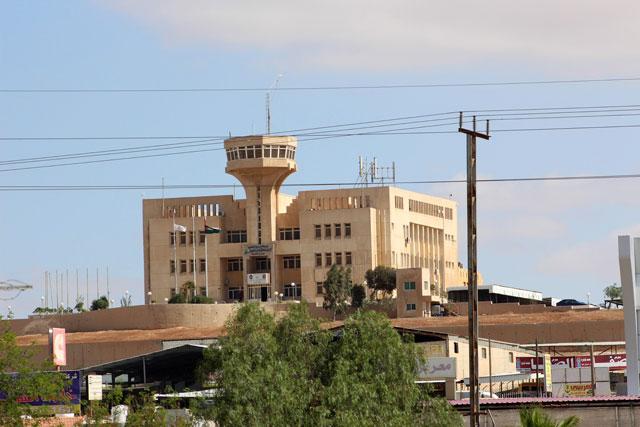- Local News
- Sun-2020-06-14 | 03:14 pm

JFDZG Chairman Khalaf Hmeisat said that during the pandemic, free zones have worked under a stimulus and competitive strategy that has contributed to sustaining the minimum level of productivity in all zones, the Jordan News Agency, Petra, reported, citing a group statement.
Hmeisat added that through this strategy, the group maintained economic activity during the lockdown by allowing factories within free zones to work with a maximum of 20 per cent of their primary employees.
The JFDZG also allowed investors in the commercial sector to supervise their incoming and outgoing shipments through the Aqaba port and border crossings and store them at the free zones, also allowing them to supervise their transit merchandise, the chairman noted.
He pointed out that the group cancelled all fines for investors who failed to renew their licences in 2020, with the aim of supporting them and allowing all sectors to maintain production in order to stimulate the economy during the recovery process.
According to the statement, imports and transit trade to free zones during the most critical period of the pandemic dropped to 37 and 38 per cent, respectively, compared with the same period of 2019, while the reexporting of vehicles to Iraq dropped by 42 per cent during the same comparison period.
The value of exports from public free zones in 2019 totalled JD2.7 billion, marking a 4.5-per cent increase in comparison with 2018, according to group data revealed earlier in the year.
The data also showed that the total number of reexported vehicles increased in 2019 by 7 per cent to reach 117,331 vehicles, at a total value of JD1.652 billion, while the value of exports of other goods in 2019 increased by 3 per cent to reach JD1.48 billion.









